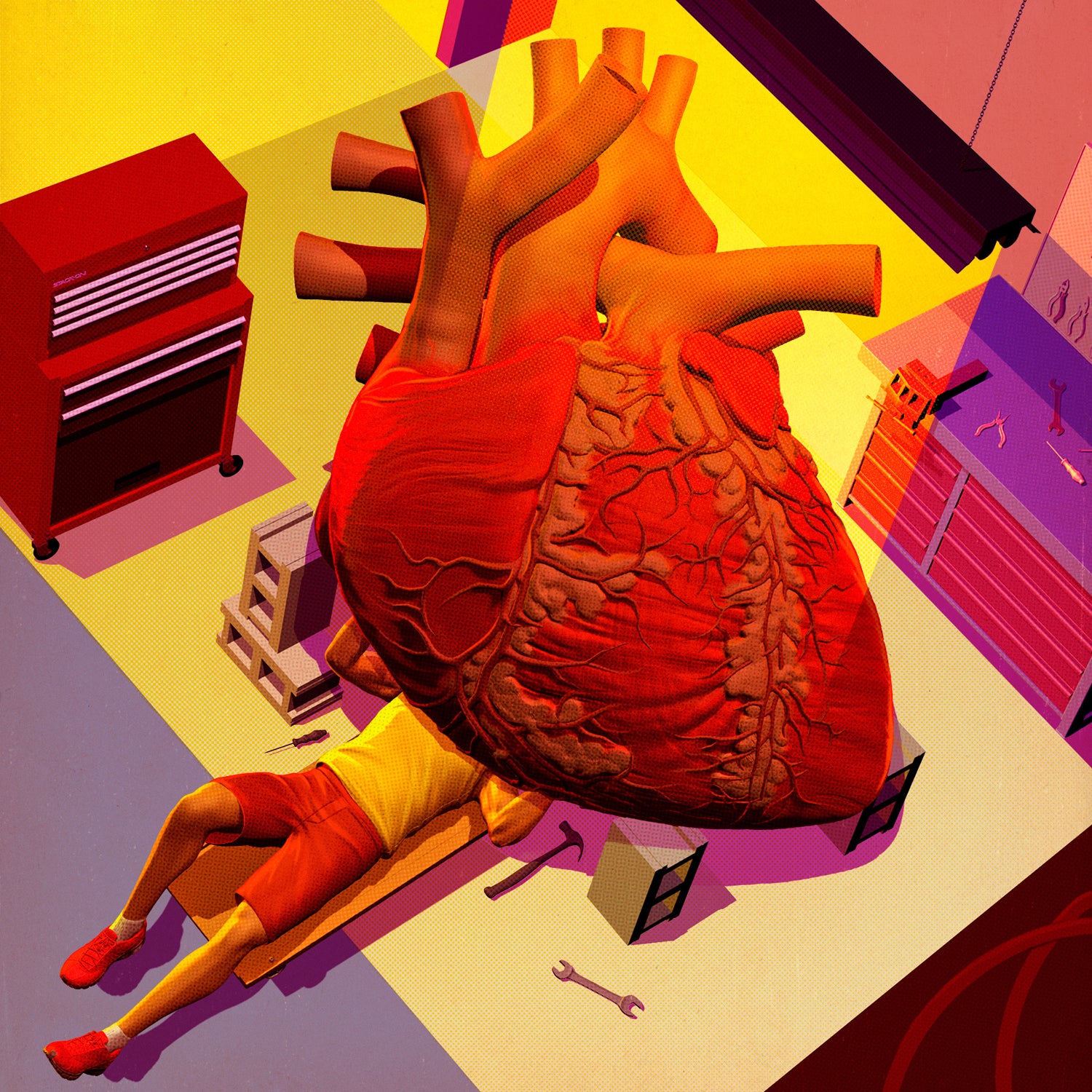Way back in 1965, cardiologists first noticed that as a person’s health deteriorates, the tiny fluctuations between their heartbeats become more uniform, like a metronome. “Just before you have a heart attack, there is zero variation,” says Lindsay Thornton, a sport psychophysiologist at the United States Olympic Committee. “It’s just boom, boom, boom. Perfect regularity.” On the flip side, a healthy heart beats with great variety.
That measurement, called heart-rate variability (HRV), “is an easy and simple reading of a person’s overall health,” says Thornton. In fact, elite coaches have long used the metric to determine if athletes have recovered enough from a tough training session to go hard again.
Until recently, tracking HRV required high-end machines found only in a physiology lab or a hospital’s cardiology wing. But a new wave of apps allow you to record your HRV from home. Which is good news for amateurs who are just as likely as elites to equate rest with laziness, then train hard when they should be taking the day off, resulting in chronic fatigue, injury, or worse: by some estimates, up to 60 percent of athletes suffer from overtraining.
To track your HRV, you’ll need a finger sensor or a heart-rate strap like the ($80), which connects with your smartphone, and an app like (Android and ; $10).
Start by testing every day for two weeks to establish a baseline. Control for variables by taking your HRV at the same time each morning, before getting out of bed. The apps deliver a score from 1 to 100. If your result is on the low end—say, less than 60—take it easy; your nervous system, which controls your heart rate, hasn’t recovered. A score closer to 100 means you’re in a state of homeostasis and—lucky you—you’re ready for some grueling hill repeats.
Four Things Every Athlete Should Know About Their Heart
Higher fitness levels mean fewer beats. A strong heart can push more blood per beat than a weak one. Adult males have an average resting heart rate of about 70 beats per minute, while an elite athlete’s heart rate can drop as low as 30. (Cyclist Miguel Indurain’s was 28 during his Tour de France wins.) A slower heart rate can also reduce risk of high blood pressure and cardiovascular disease.
Dehydration elevates your heart rate. Your heart pumps oxygenated blood around your body during exercise. When you’re dehydrated, your circulatory system has less fluid volume, causing your heart to work harder. Be sure to drink whenever you’re thirsty during races or training.
Endurance exercise isn’t bad for your heart. “A lot of this comes down to genetics, but exercise actually helps maintain elasticity in the heart, which is a very good thing to take into your later years,” says Dr. Bruce Andrea, who runs the in Colorado.
Your heart, like your other muscles, needs a break. It’s essential to have hard days and easy days, hard weeks and easy weeks, and hard months and easy months. Play the long game and take real time off each season.


